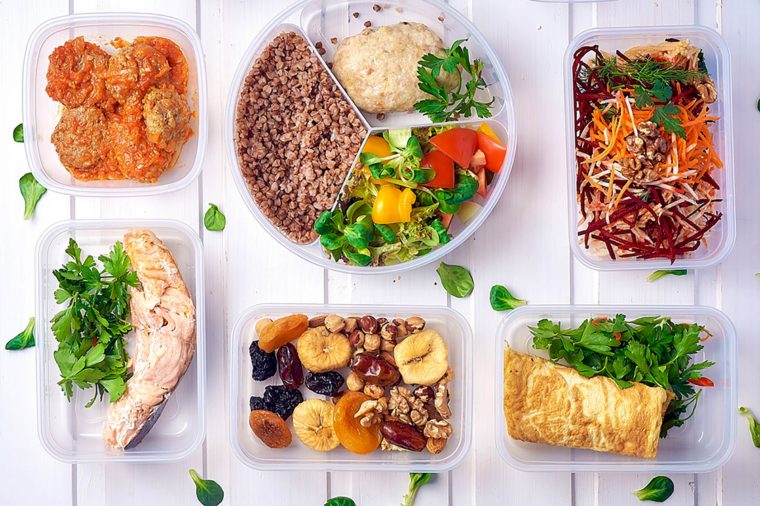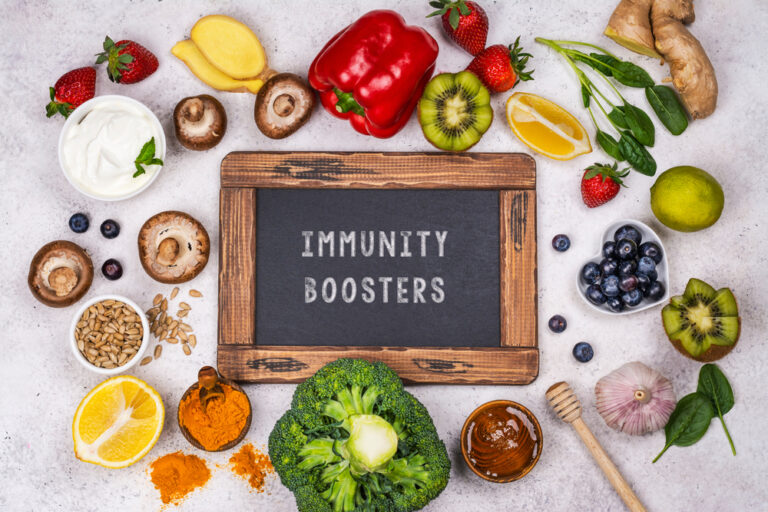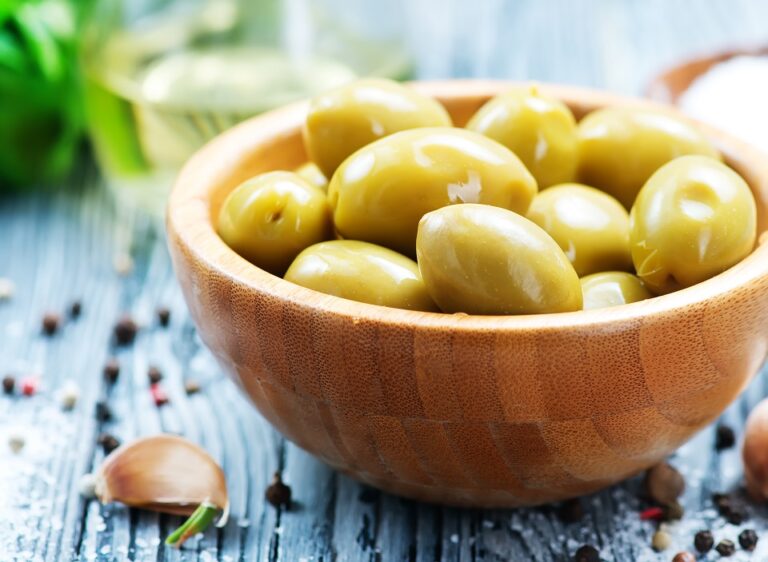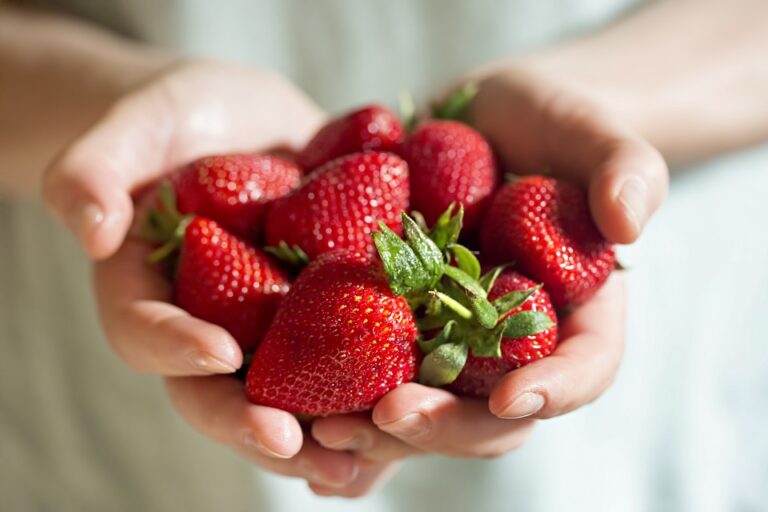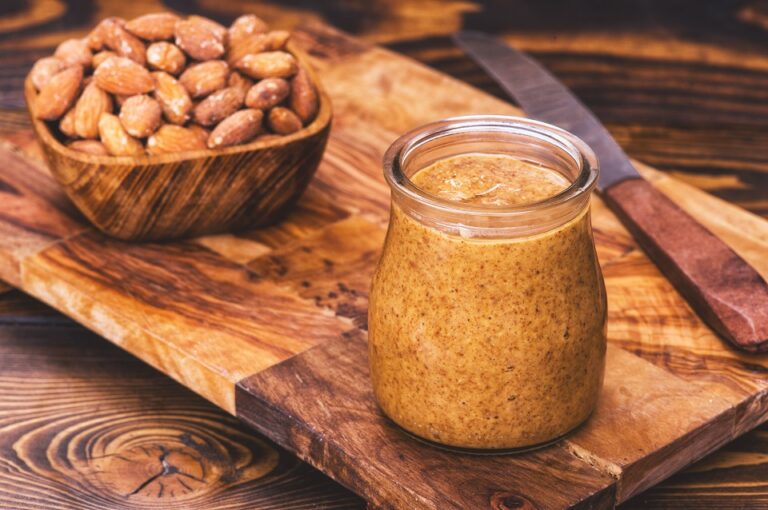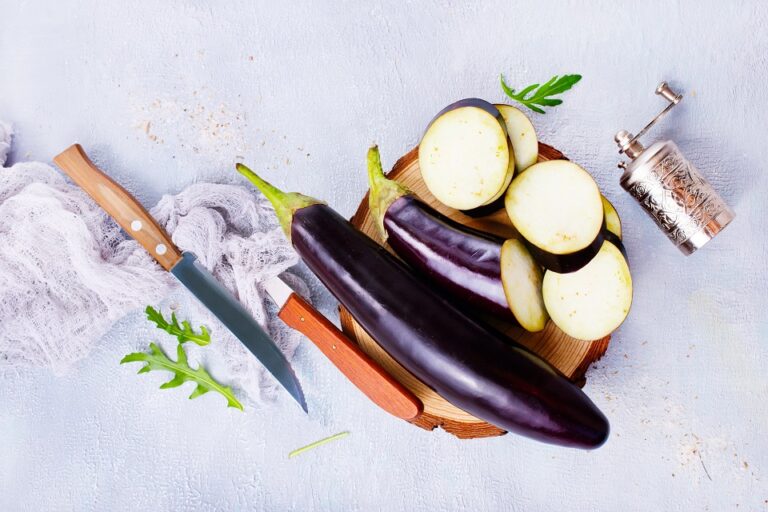
4. Frozen fruit and veggies
There’s no secret that fruits and veggies are extremely nutritious. Unfortunately, that comes with a price: they are highly perishable. Depending on which fruits and veggies are your favorites, if not consumed in a short period of time (in general, in a couple of days), they will go bad, doing more harm than good if eaten spoiled.
Thankfully, we can always opt for their frozen versions. And if you aren’t sure about their health benefits when frozen, note that they aren’t stripped of any. Both frozen vegetables and fruits will give you the same nutritional values as fresh ones.
It’s more convenient to buy these food staples frozen. First of all, you can use them whenever you want (you don’t have to worry about their shelf lives). Secondly, they are often found cheaper than their fresh versions. And last but not least, they are also versatile.
Make sure to also check: 10 Ordinary Fruits With Extraordinary Health Benefits
When it comes to the frozen food aisle, blueberries and broccoli are your best choices. For example, one cup of blueberries will offer you the following:
- Fiber: 3.6 grams
- Protein: 1.1 grams
- Calories: 85
- Fat: 0.5 grams
- Carbohydrates: 21 grams
- Sugar: 15 grams
- Vitamin C: 24% of the DV
- Vitamin B6: 5% of the DV
- Potassium: 4% of the DV
- Manganese: 25% of the DV
Besides all of the above, blueberries also pack decent amounts of vitamins A and E. Add a handful in your favorite Greek yogurt to reap even more benefits!




